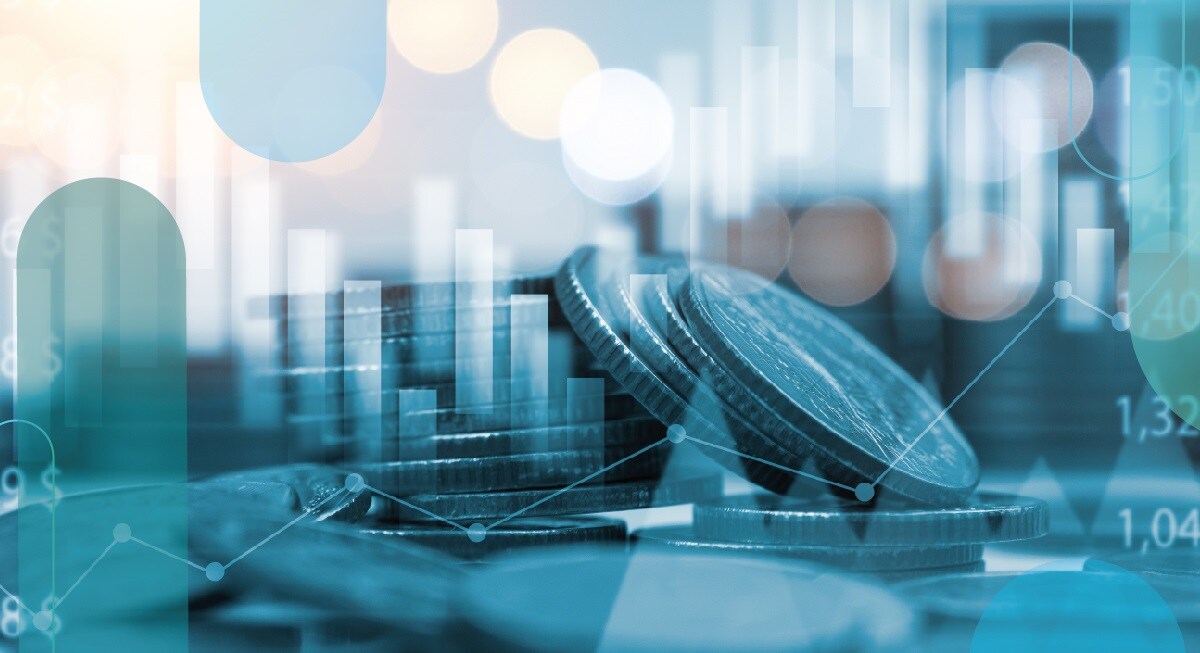Insights
Five Questions Investors Should Be Asking About Outsourced Trading

When it comes to outsourced trading, there’s no “one-size-fits-all” approach.
August 2023

Daniel Morgan
Global Head of Portfolio Solutions, State Street
At State Street, we have been using our scale, experience and robust technology to provide outsourced trading capabilities to our clients for almost two decades. We know there are important considerations to think through when it comes to outsourced trading, and these factors may not be the same for everyone. Based on our experience, here are five questions that may help an institutional investor decide what approach to take:
Does my trading desk give me a competitive advantage?
Start with the role your trading desk plays. If a trading desk’s function is primarily execution, it is probably a good candidate for outsourcing. In the current environment, institutional investors are honing their competitive advantage and focusing on that.
Eric Traugott, partner at ParkLexington Advisors, captured this idea when he spoke at the June 2023 State Street Global Markets Roundtable on the topic of "Leveraging Outsourced Trading," saying: “We're seeing a lot of firms conclude that the internal focus of what their team should be doing is whatever differentiates them as a firm. And in most cases, that means portfolio management, sales and distribution. That really is what defines each firm and makes them unique. And then, in many cases, anything that's not part of that core service, they're looking for experts to handle those kinds of outside functions.”
Are my trading desk’s capabilities scalable? What are the obstacles to expansion?
Consider where you need to grow your trading capabilities, and whether that’s something best served by developing internal talent or partnering with external talent. Brian Smeddy, director of Investment Management Solutions at Glenmede, described that thought process when he spoke at our roundtable about his firm’s recent experience.
“We're based in Philadelphia. We're a boutique asset manager. How do you create a trading system that's 24x6 where you're trading in Australia and Europe and you have two traders? So that was something for us that was really a large roadblock in the past, of how we were going to solve this,” he said.
Smeddy went on to explain: “You can't just trade local shares and then have a NAV that's denominated in US dollars. You need to have an FX flow that works in order to always be bringing those dollars to the NAV’s currency. There's an expertise there as well. It's not just “set it and forget it” like dividends that we're repatriating. So we really wanted a more robust operational workflow to support that.” And that is how, he said, the firm first turned to outsourced trading to expand its trading capabilities.
Does my trading desk maximize my liquidity opportunities?
Liquidity is a priority, particularly in today’s uncertain market environment. Outsourced trading can provide extensive access to markets, counterparties and liquidity venues. Take State Street as an example. Our model means we are venue- and broker-agnostic, and we do not operate our own alternative trading system.
When executing for clients, our core objective is to source liquidity across the 140-plus counterparties and venues we have, minimize costs for our clients, and prioritize execution quality. Execution quality is paramount in today’s fast-paced and fragmented market, and we offer a differentiated approach to achieving best-execution obligations, leveraging the power of both algorithmic offerings and high-touch relationships. We call this “one-touch” trading.
Can my trading desk capture all available data and deliver insights?
There is no doubt that insights and data provide an edge in today’s competitive marketplace. When considering outsourced trading, institutional investors often worry about a potential loss of market intelligence. However, partnering with a leading global financial organization can open the door to a constant flow of high-value insights and data that you might otherwise not have access to. In our case, clients access a unique outlook into financial markets through our “big data” approach to research, which includes real-time data around investor behavior, inflation and media sentiment. Traugott underscored the importance of this aspect of partnership during our roundtable discussion when he said, “We're seeing a lot of conversations between managers and service providers where they're really sharing ideas and tackling challenges together.”
Does my trading desk allow me to easily launch new products and transact in new jurisdictions?
Staying ahead of the curve means having the flexibility to offer new types of mandates that may call for additional asset classes or trading in regions outside an asset manager’s home base. That means institutional investors need not only depth of expertise, but breadth as well.
They also need access to that expertise in the moment, not weeks or months later. Outsourced trading fills that gap. Consider State Street in this regard: We have operated across the globe within equities, fixed income, exchange-traded derivatives and foreign exchange for over 30 years, and utilize industry-leading technologies to access markets. Our breadth of capabilities means that we stay current with market microstructure, and are vigilant across our counterparty panel to help ensure we employ an adequate array of options to access sufficient liquidity depending on the country, region or particular security selected for trading.
There is no doubt outsourced trading is having a moment, and with good reason. As McKinsey says in a new study, Performance Edge1: “Institutional investors will need to be faster, nimbler and better at anticipating and responding to change.” It is hard to think of a better tool in the current environment than outsourced trading.



